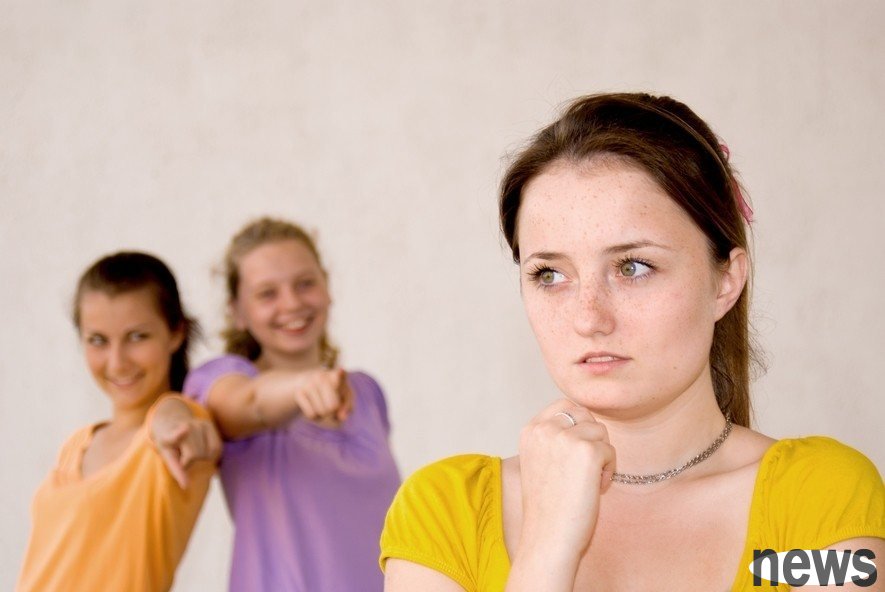
When seeing people suffering misfortune or failure, their first reaction is not sympathy but "happy joy". Although this is not kind and has no empathy, psychologists point out that happiness joy is a deeply rooted mind that humans have since childhood.
Based on psychology research at Emory University in the United States, it is found that humans will have the honor of being happy from the beginning of their baby's period. For example, when a 4-year-old child sees his companion fall or falls into a water hole, it will be very happy and interesting; when a 2-year-old child feels happy when he sees his companion falls, it will be more exciting for a 7-year-old child to win the game against both sides.
{9In addition, in a 2013 study, researchers asked 9-month-old baby to observe the interaction between puppets. One group of puppets was designed to like the same food as the baby, and the other group liked different flavors. When the puppets hurt each other, the baby was more happy to see puppets with different tastes as theirs, and they would not have such an idea for puppets with similar tastes as theirs. This study shows that Lucky Lovers's mind has been in the human brain since childhood.
Researchers pointed out that happiness is inspired by "dehumanization", which means that people do not regard those who encounter misfortune as human beings under the combined effect of some special environments and personality variables. Sometimes people will deny others in subtle ways, and they will feel happy about their misfortune.
There is also a theory that happiness is a state of mind that happiness is evolved from humans for limited resources. This mindset arises at a time, mostly based on competition (such as brothers and feet to fight for parents’ love), but as we grow up, this gradually turns into a feeling of being at ease when we see others being difficult, even if the other party is just a stranger.
Although human nature is a blessing, in real society, cultivating "empathy" is a weapon to resist this mentality. When parents see their children having a happy behavior, they should also have the opportunity to educate them. It is not appropriate to teach them to be happy at this time, because it will cause second damage to others, and they do not want this to happen to them in the future, so as to cultivate their children's empathy.